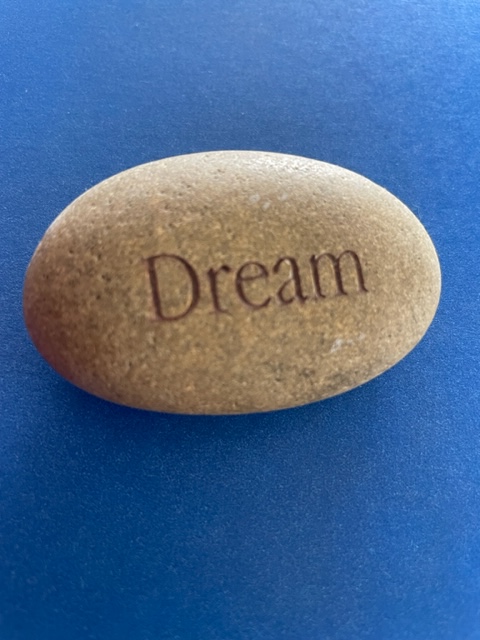
Problem-solving perspective
We certainly can go to dreams as a way to gain insights and find integration in our life. This can be a highly productive and developmentally significant use of dreams. However, there may be a more immediate concern that is pressing for our attention. This could be that $%^&*^&&#& childhood issue with which we are still grappling. We are now grown adults, who hold down a responsible job and are raising our own children. Still . . . we sometime find ourself competing with that co-worker down the hall or that fellow with whom we play handball every week. It all feels too much like that sibling=-rivalry we had with our brother at a much earlier time of our life. Maybe, instead there is that lingering matter of trying to gain our parent’s attention and love—even though both of our parents have been dead for at least a decade—or they are now quite old, and we have become their welcomed guardians or at least sources of weekly reassuring phone call.
Focal Conflicts: I am reminded of one of Robert Munsch’s books (Munsch and McGraw, 1995) in which a caring parent is cuddling and singing to a rebellious child: “I’ll love you forever. I’ll like you for always.” At the end of this lovely book, the child (now grown) is singing the same song while cuddling his aging parent This is a poignant portrayal of inter-generational caring – yet at a deeper level we are still seeking out their approval and even their affection. The reciprocal caring for a parent might help us resolve a deeply embedded problem (such as the focal conflict to which I am about to turn). Perhaps the cuddling and lullaby help. We might also feel a bit less competitive with our worker/siblings as we gain more success in our career or find that career success has become less important (or our testosterone level has dropped a bit).
All of this concerns what Thomas French (1952) identifies as the Focal Conflicts which we must continually address during most (if not all) of our life. French has built an entire therapy program around this concept of focal conflict. French’s concept has also been used as the core of human relations programs and the base for treatment of depression. In collaboration with Erica Fromm, Thomas French has also applied the concept of focal conflict to a task undertaken by our dreams (Fromm and French, 1964) They propose that every dream addresses a focal conflict that relates to our daily challenges and more fundamentally to our life plan and program.
At a less profound level, I propose that there are three important sub-functions being served regarding the problem-solving perspective as it relates to the more immediate problems we face as members of organizations who are facing challenging issues. First, the dream can be used to “pilot test” a solution. Second, the dream can be used to rehearse a solution that has been chosen (at least in the dream). Third, the dream can be used to analyze the impact of this solution—perhaps featuring both potential positive and negative outcomes. Returning to our original cast of characters, this role played by the dream seems most closely related to the Ego function. The Id and Super-ego have been asked to leave the dream room for a while. An Ego-based problem-solving and executive is not in charge.
Committee of Sleep: Deirdre Barrett (2001) does a wonderful job of portraying these Eg0-based sub-functions using the metaphor of “committee.” She offers many examples from throughout history and in many fields to illustrate the way in which dreams are engaged to solve problems. They also can provide some of the marvelous Ego-based functions, such as artistic endeavors and scientific discoveries that often require what ego psychologists call “regression of the ego” (Hartman, 1958; Kris, 1953). The committee can assist with many ego-based functions such as not only solving problems and making discoveries but also creating an artistic masterpiece or designing a breakthrough software program. Barrett (2001, p. 184) offers the following historical summary:





